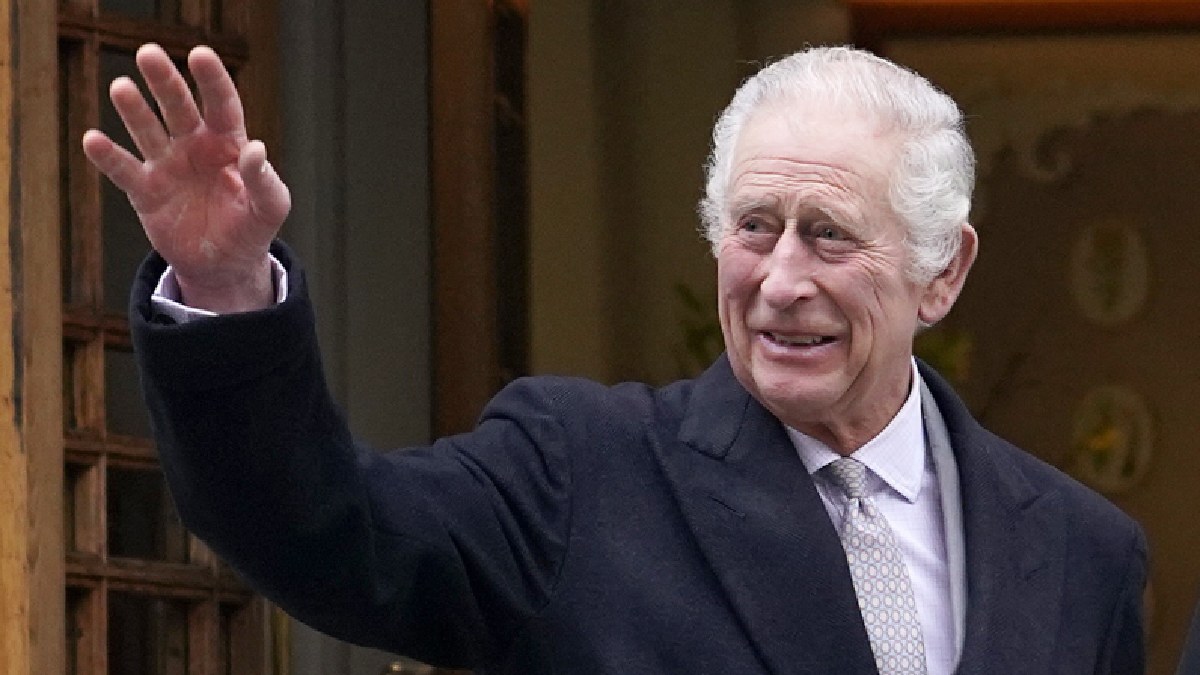
There's still time to save the planet, say scientists
London, Oct 8 : A new research has suggested that if humans do everything they can to cap emissions of greenhouse gases, they might be able to prevent more global warming, and save the planet.
According to a report in New Scientist, this is the conclusion of one of the most thorough attempts so far to look at where concrete climate policies could leave the world in terms of global warming.
If we are not so lucky, temperatures are more likely to be around 1.4 degree Celsius warmer; and if we are unlucky and do nothing to reduce our emissions, the average global temperature by century end could be as much as 7.7 degree Celsius warmer than in 1890. In its latest report, published in January 2007, the Intergovernmental Panel on Climate Change (IPCC) said the global average temperature could rise by between 1.1 degree Celsius and 6.4 degree Celsius by 2100.
The 0.5 degree Celsius to 7.7 degree Celsius estimate is more "realistic", according to Detlef van Vuuren of the Netherlands Environment Assessment Agency.
This is because, unlike the IPCC, he and colleagues have included in their models different climate policies that could be adopted over the coming century.
The "emissions scenarios" used by the IPCC do describe how the world could develop in years to come, in terms of population and economic growth.
But, they do not take into account any government initiatives - such as the Kyoto protocol - to impose emissions caps.
In theory, such initiatives should bring temperatures down.
Van Vuuren coordinated the efforts of modelling teams around the world to plug 15 policy scenarios into two simple climate change models.
The policy scenarios describe regulatory "futures" that are both technically and economically conceivable. They range from very stringent to very lax, and include things like the EU's target to reduce its emissions to 20 percent below 1990 levels by 2020.
In the most stringent ones, global emissions peak between 2020 and 2040 then drop to nothing by 2100.
In some, the land and oceans actually absorb greenhouse gasses out of the atmosphere by 2100, thanks to policies that encourage the planting of new forests and capture and store the emissions generated by burning biofuels.
These extreme scenarios lead to an average warming of 1.4 degree Celsius above pre-industrial temperatures by 2100.
"There are a number of uncertainties in our understanding of the climate," said van Vuuren. "If we turned out to be really lucky, we could see a 0.5 degree Celsius rise," he added.
ANI


 Click it and Unblock the Notifications
Click it and Unblock the Notifications
















